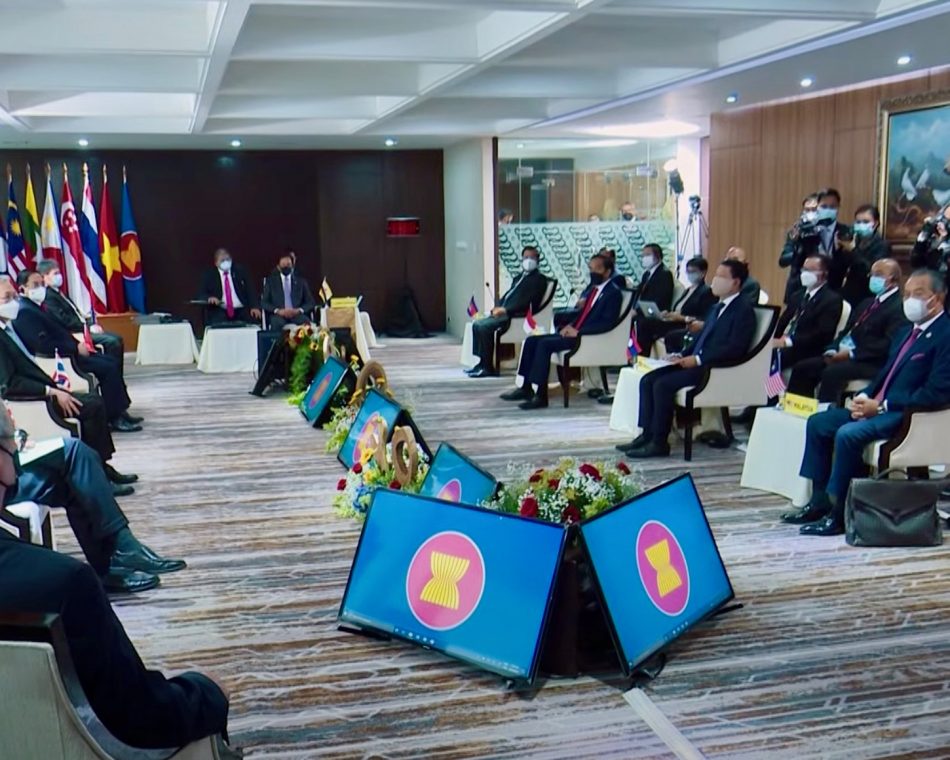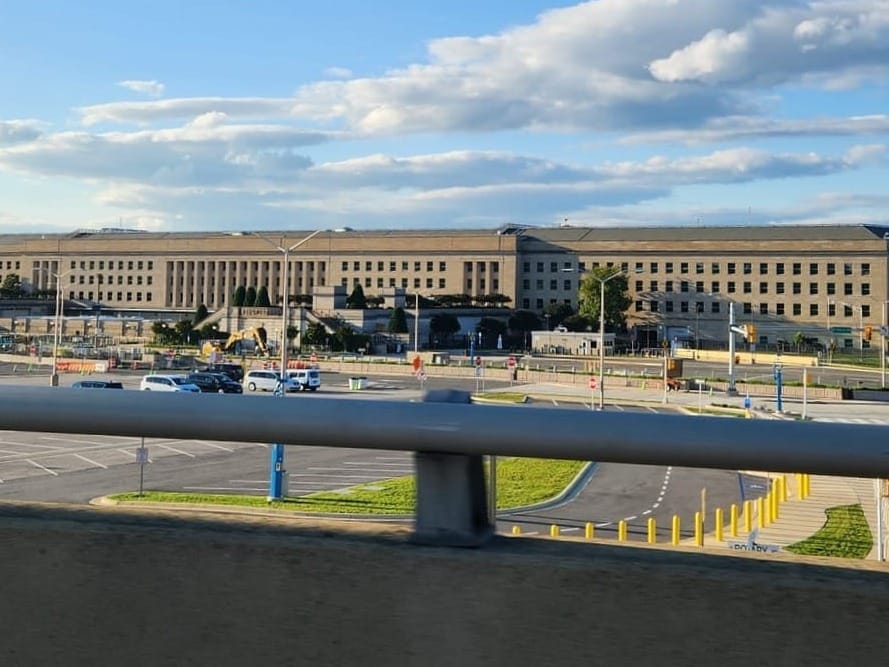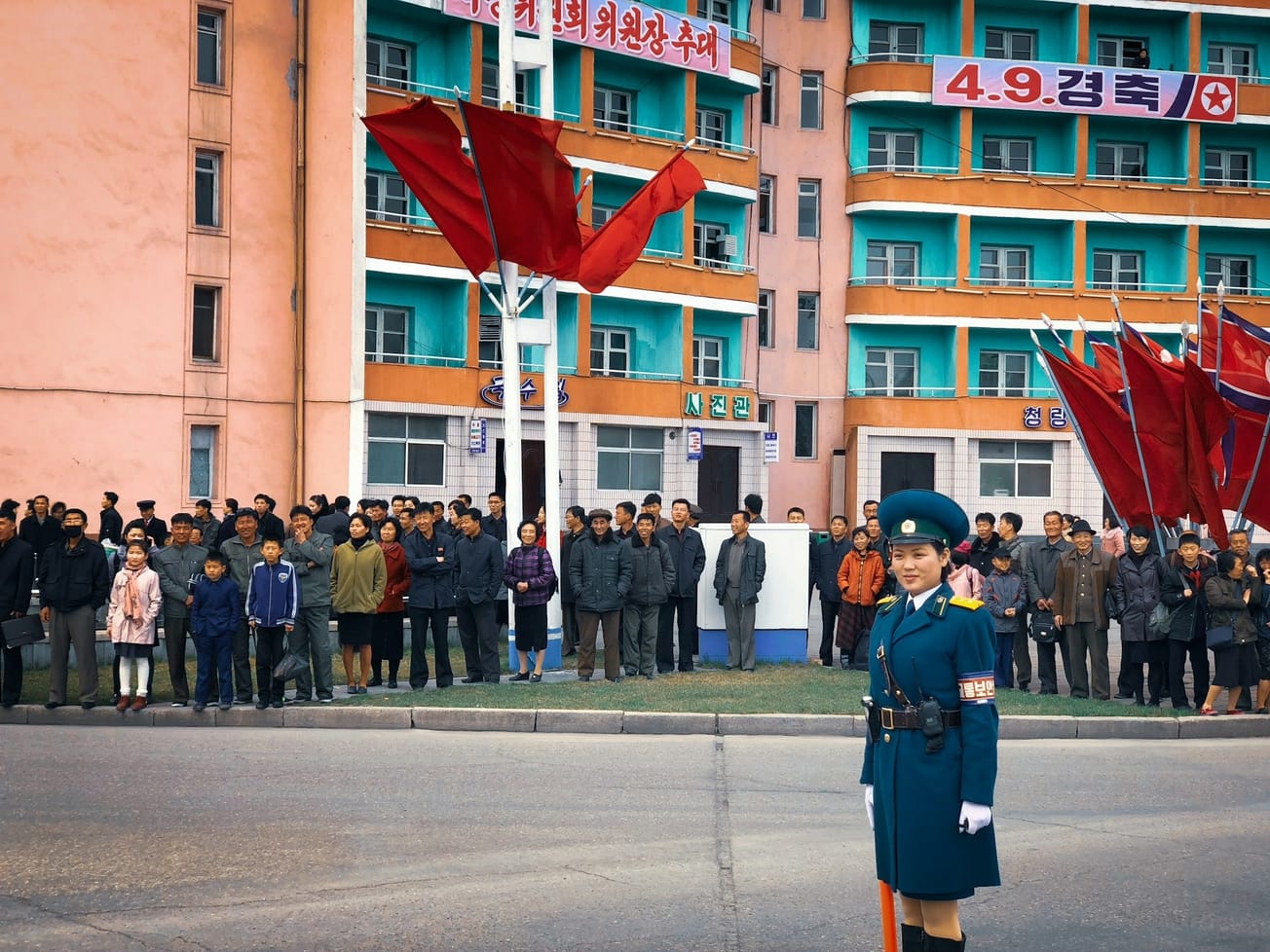Nine Southeast Asian countries demanded on Saturday that military coup leaders in Myanmar — the tenth member of their prominent intergovernmental organization — should immediately cease all violence and killings.
Leaders from the nine countries called a face-to-face emergency summit, their first non-virtual meeting in more than a year, to speak with Myanmar's coup leader, Senior General Min Aung Hlaing, in the Indonesian capital Jakarta, headquarters to the Association of Southeast Asian Nations, or ASEAN.









